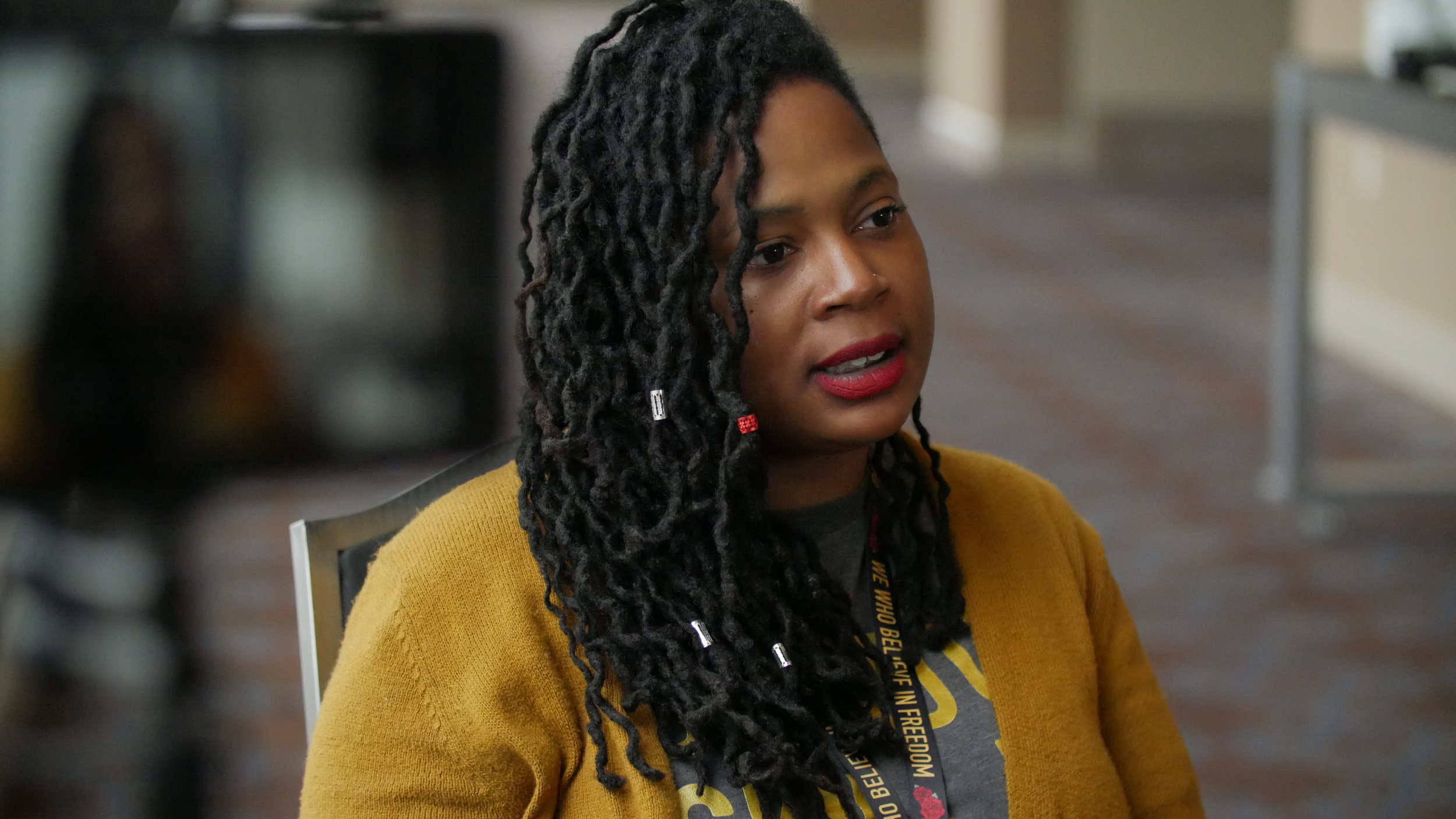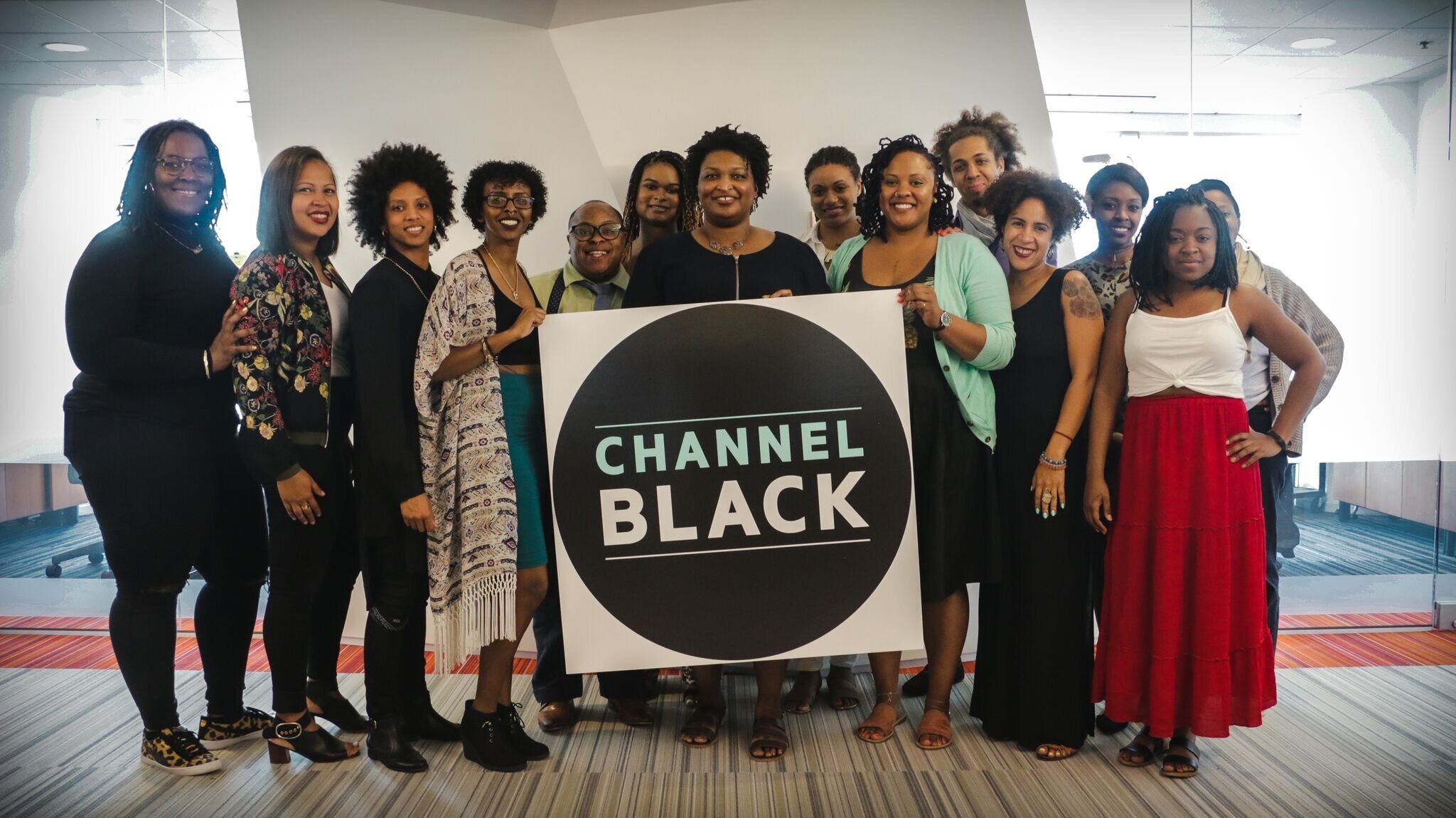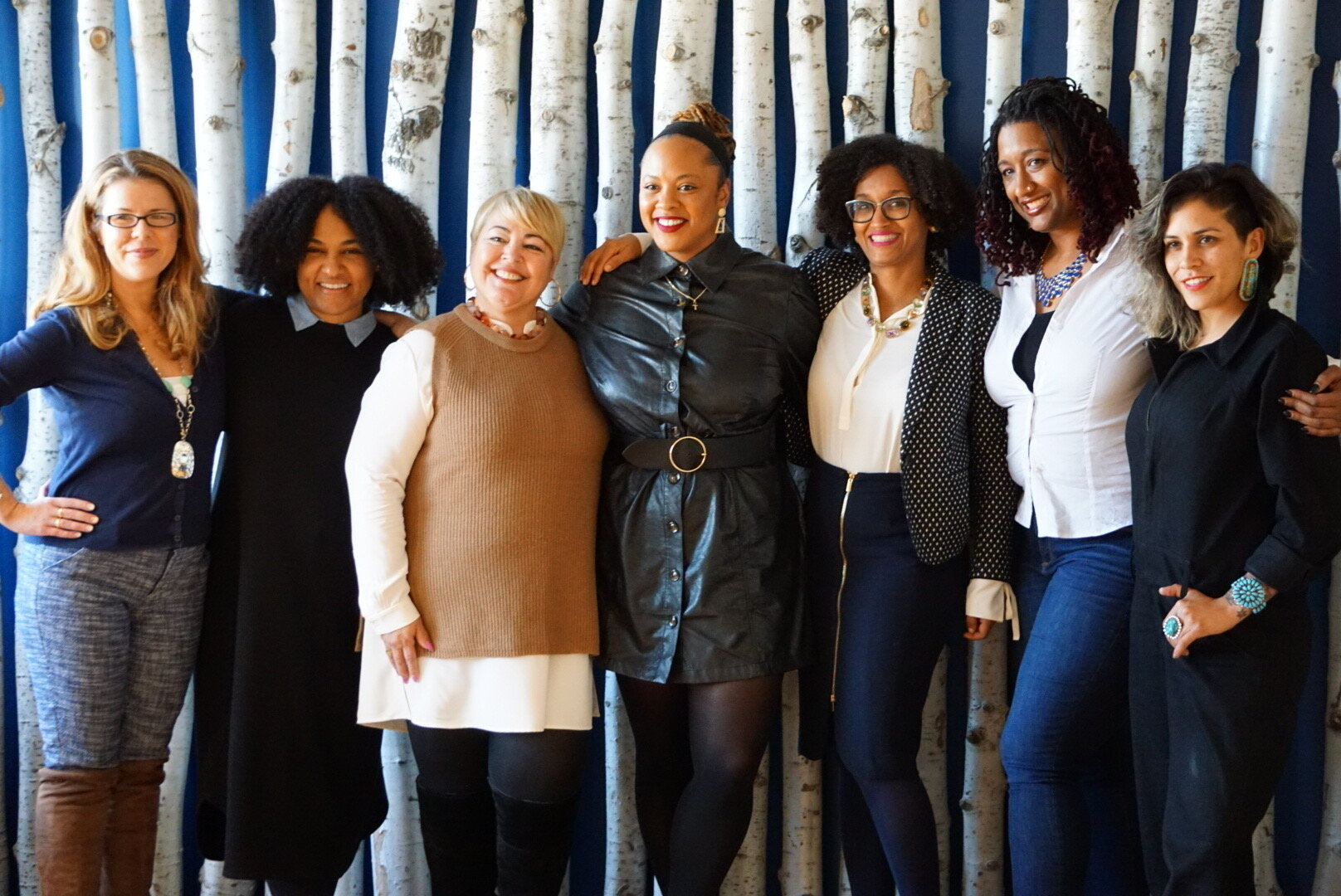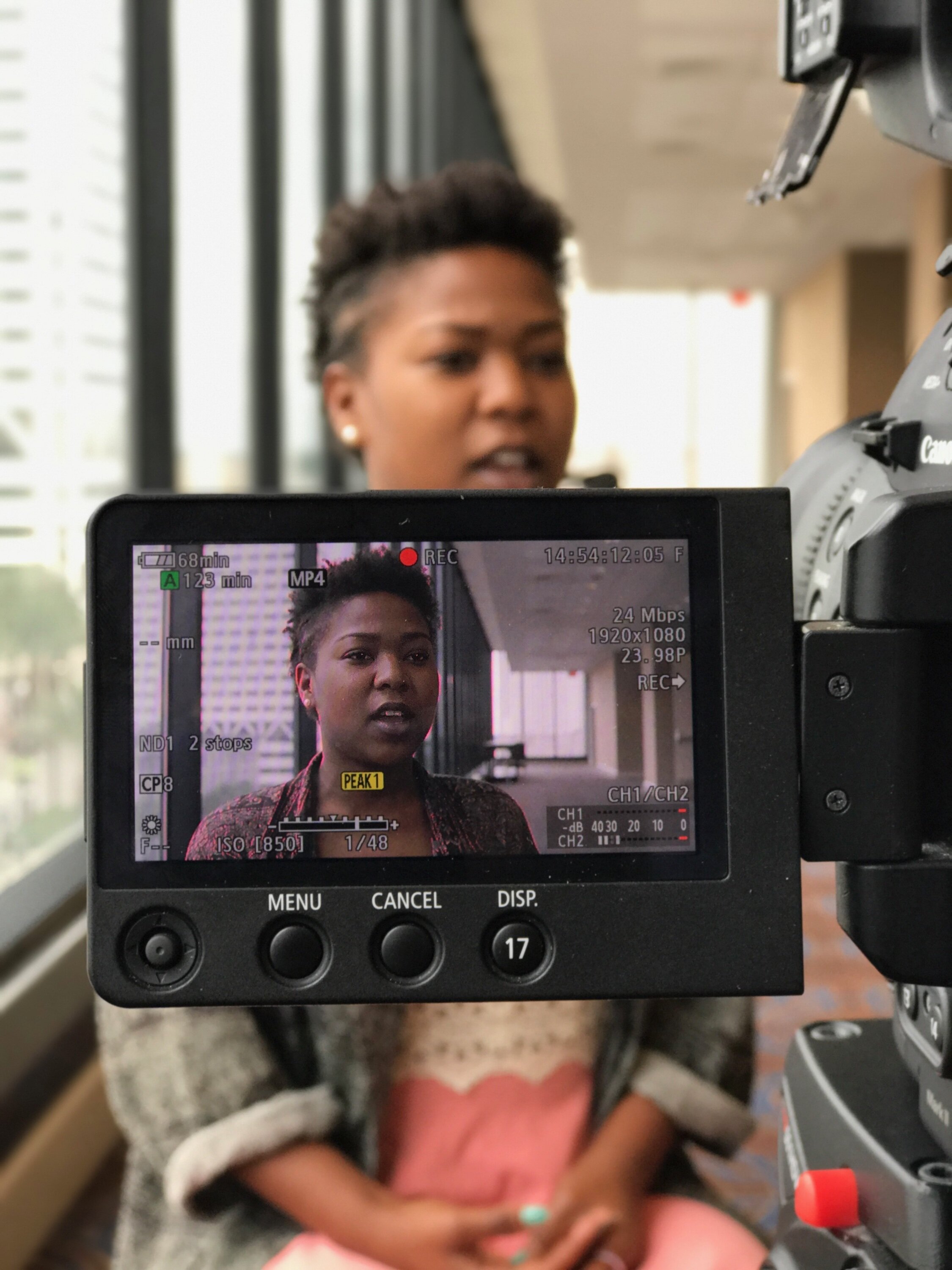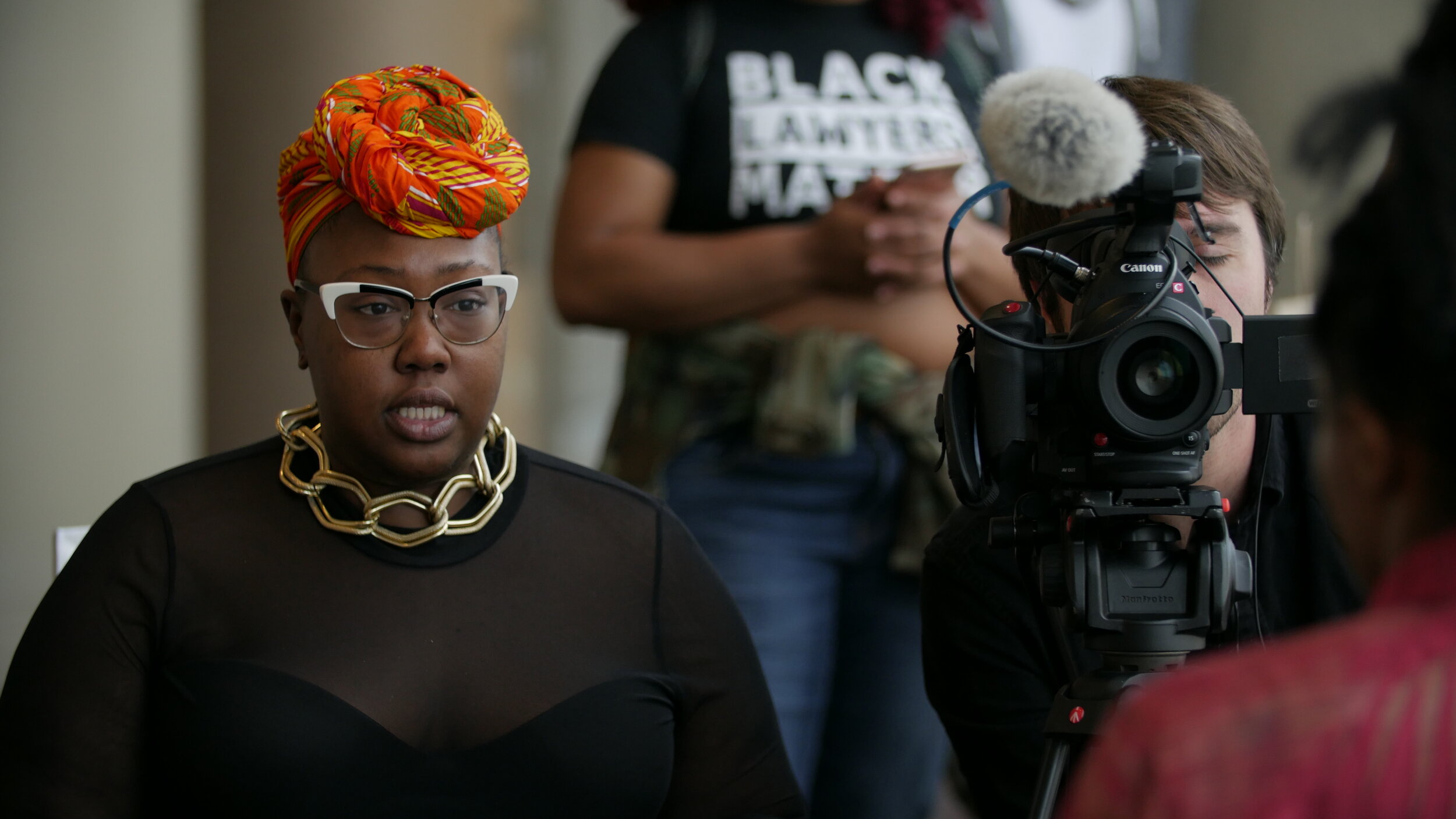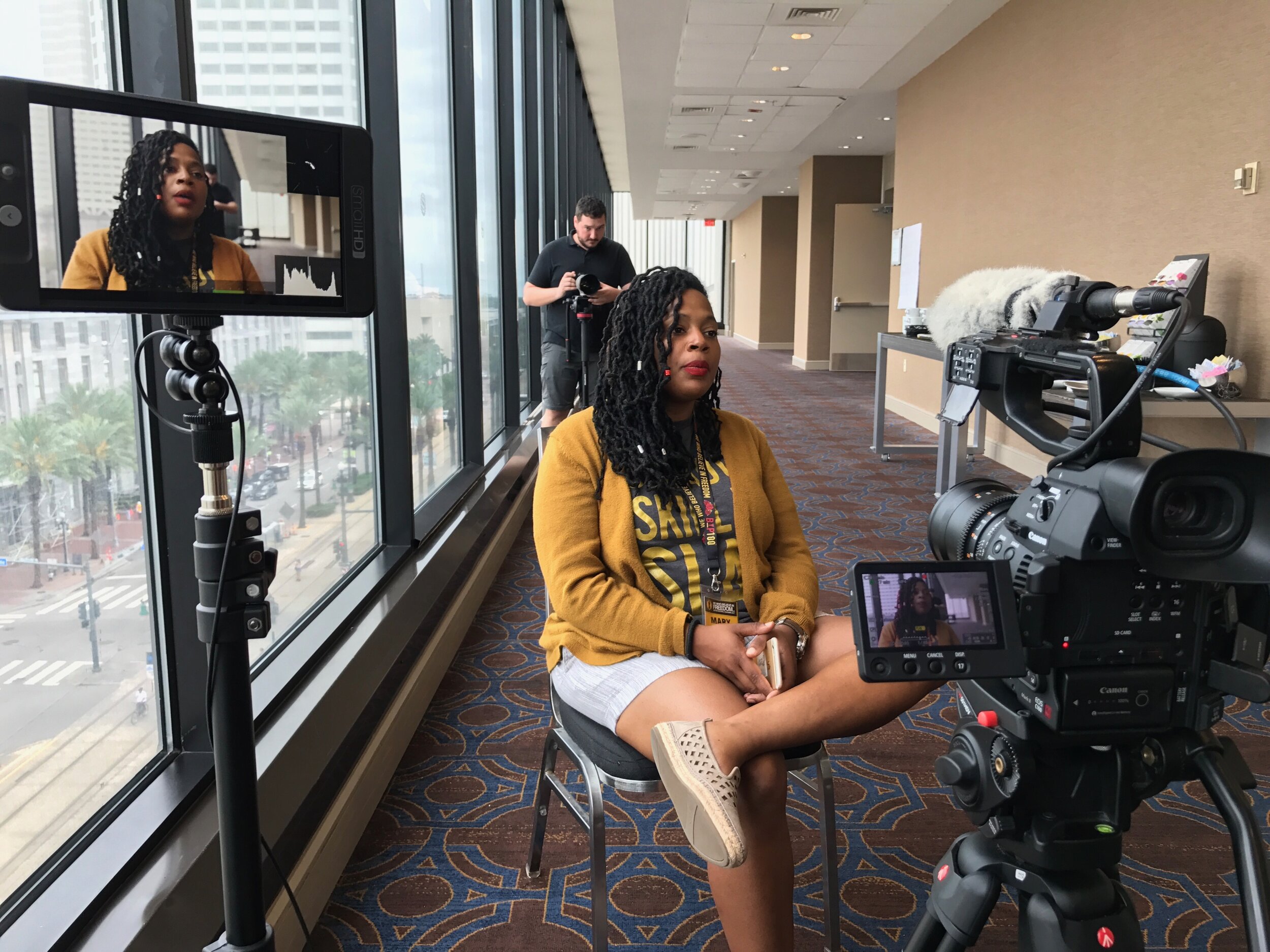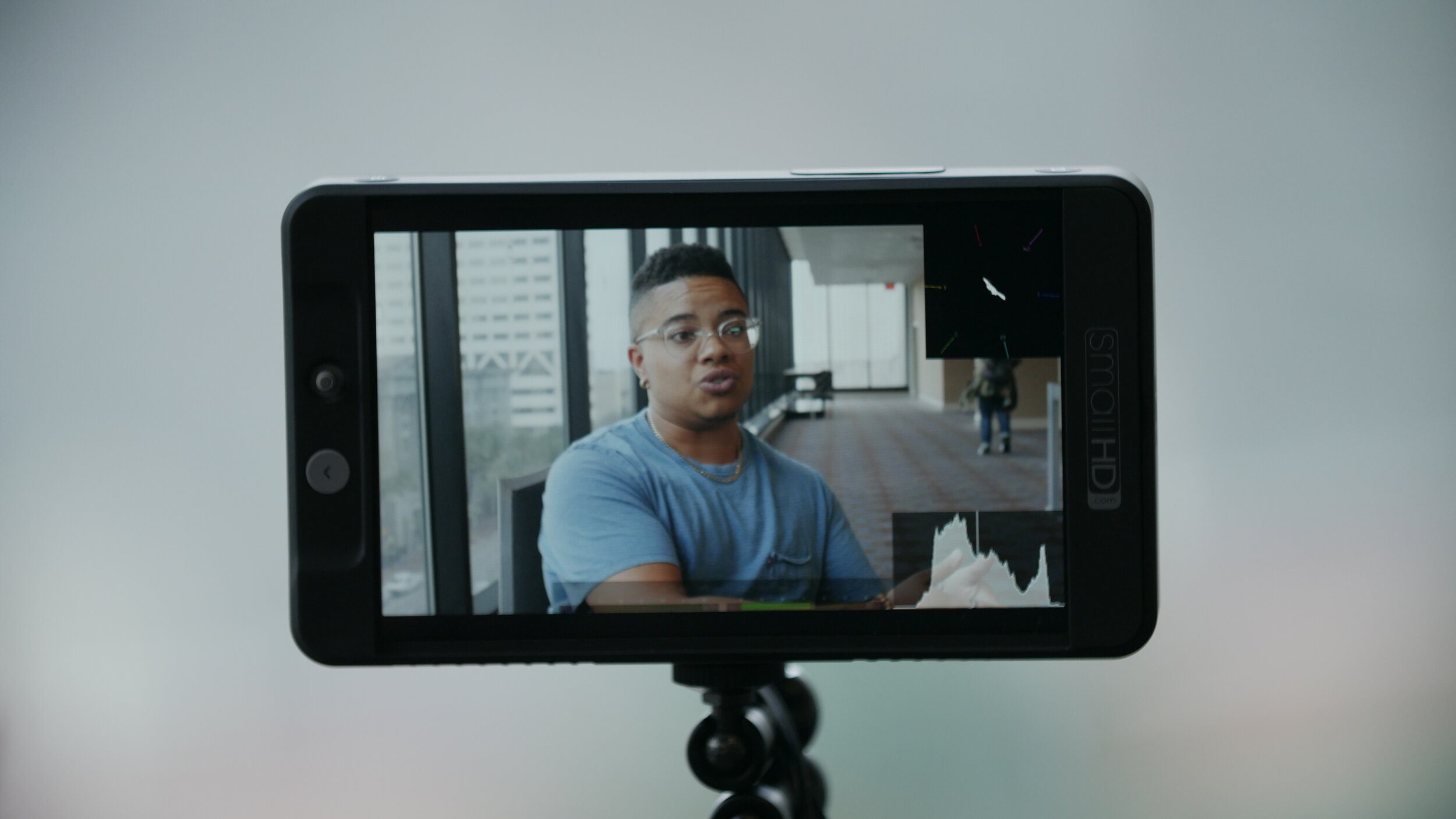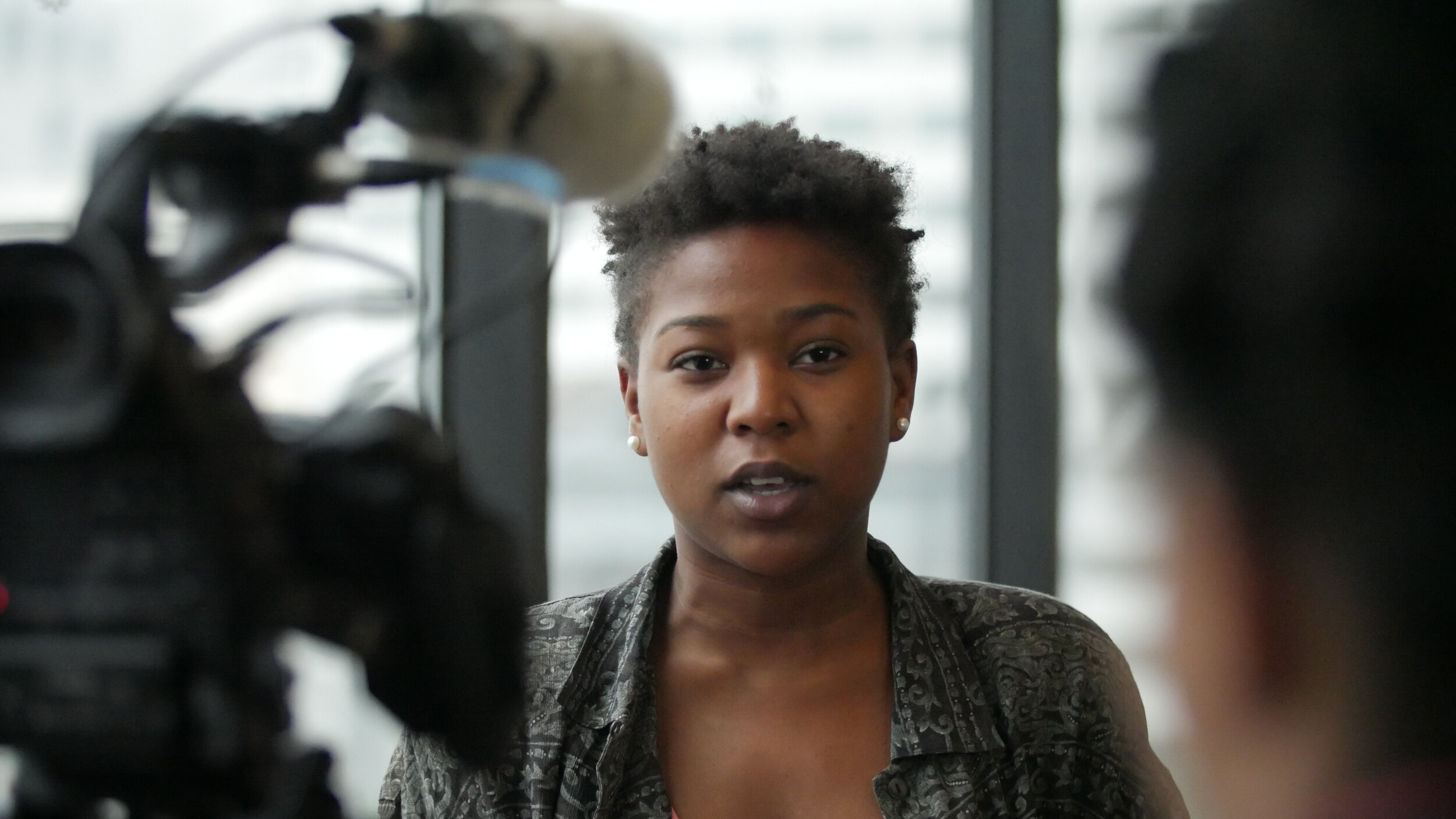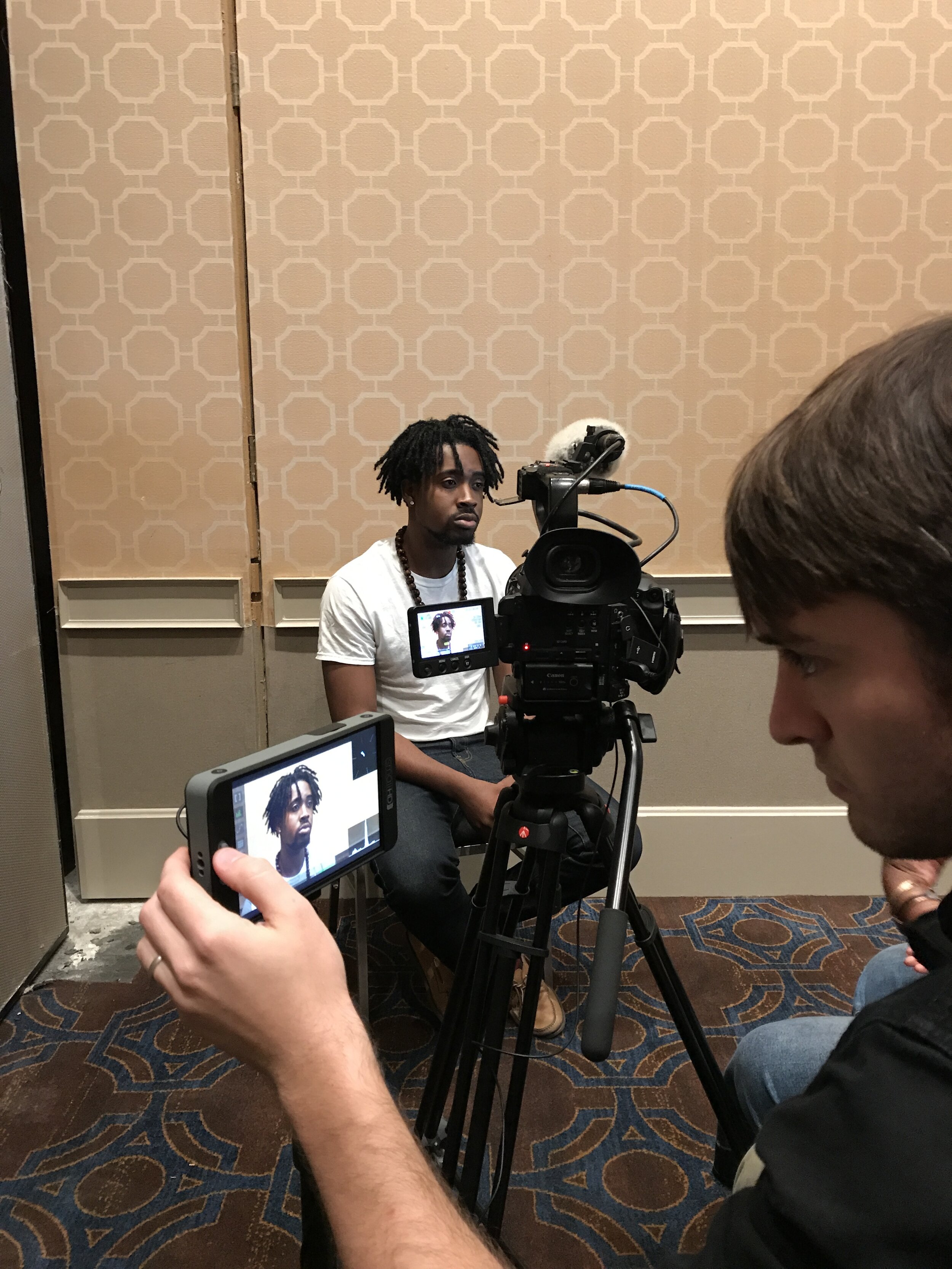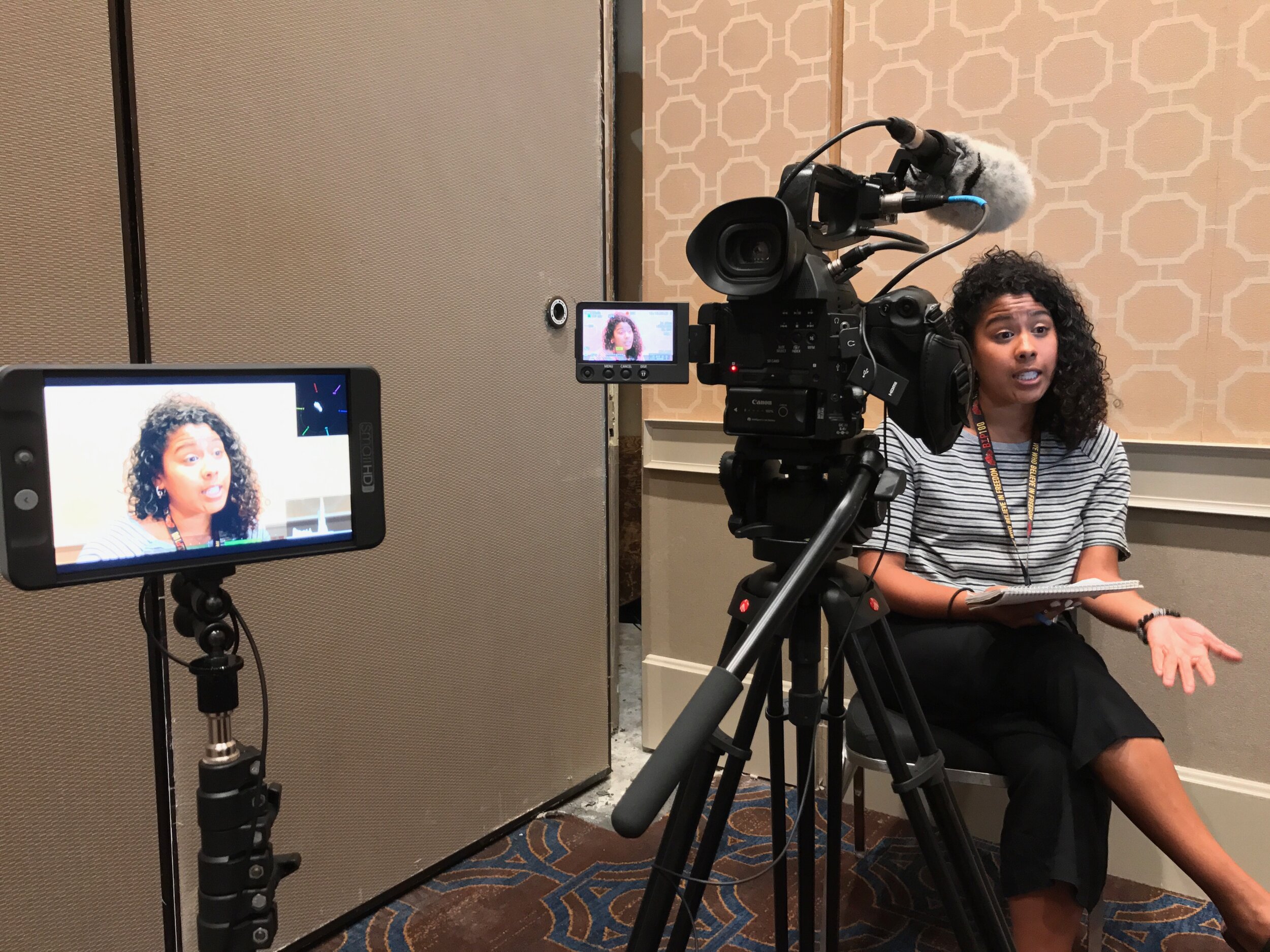Media Training
THE IMPORTANCE OF MEDIA TRAINING
In today’s world, where the average person is bombarded with 4,000 to 10,000 messages daily through various media channels, crafting a powerful message is crucial. This media training program equips participants with the skills to navigate the media landscape effectively. It covers best practices in media understanding, message development, interview preparation, anxiety management, and impactful communication vis-a-vis narrative-power building.
METHODOLOGY
The training is structured into three segments: firstly, it provides insights into the news and political landscape; secondly, it focuses on a methodology for message development, including practice in writing; and third, it offers practical experience through real-time interviews and feedback.
At its core, this training is a tool for building narrative power – the ability to alter societal norms, rules, and mindsets. This involves developing the skills to set agendas, create relevance, ensure persistence, and establish new worldviews in the political and public arenas, as outlined by Dorian Warren and Katherine Ollenburger from Community Change.
Mary Hooks
BUILDING NARRATIVE POWER
To abolish and replace the norms that allow the status quo of power and privilege to prevail, we must go beyond disrupting oppression to delegitimizing it. We can do this by being disciplined spokespeople and investing in political persuasion with strong, values-led arguments toward political acceptance. When we do that, we build narrative power.
Narrative power is the ability to change the norms and rules our society lives by. Dorian Warren and Katherine Ollenburger from Community Change believe narrative power is a function of four abilities: 1. Agenda-setting: The ability to put an issue onto the political agenda despite opposition from political elites. 2. Salience: The ability to make an issue relevant to and resonant with the broader public. 3. Persistence: The ability to keep an issue on the agenda over time via storytelling. 4. Permanence: The ability to shift existing worldviews and reset the perception of "common sense.
Wazi Maret
EMOTIONAL INTELLIGENCE
Recognizing that there is no universal method for media and spokesperson training, the program is tailored to individual needs, considering each person's experience and identity. It emphasizes emotional intelligence, encouraging participants to understand and navigate their feelings, thoughts, and experiences as they engage with the media. This aspect also involves understanding biases and unique individual and community characteristics.
Samantha Master
EMBODIMENT
Beyond theoretical understanding, the training stresses the importance of embodying communication strategies through rehearsal. It likens spokespersonship to a performance, where success depends on thorough preparation and practice. The aim is to strengthen participants' abilities to effectively convey their messages and theories of change to their audiences.
